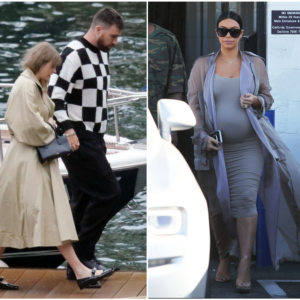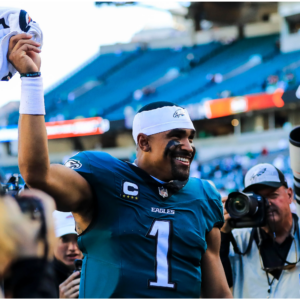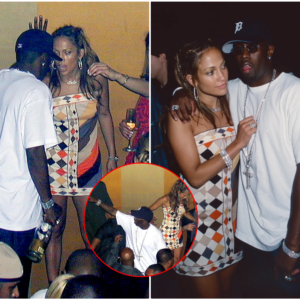/cdn.vox-cdn.com/uploads/chorus_image/image/73665673/2161905120.0.jpg) The Browns flipped Amari for better draft capital and that has the front office once again looking inept.
The Browns flipped Amari for better draft capital and that has the front office once again looking inept.
The stock price of the Dallas Cowboys front office is at a low point. The team sits at 3-3 entering their bye week with a long list of concerns. Many point to the team’s inactive offseason as the root cause and when people try to ask Jerry Jones about it, he only makes things worse. Hating on the front office is just the “cool” thing to do these days.
While there is plenty to complain about, sometimes the front office gets some heat they don’t deserve. This past week, former Cowboys wide receiver Amari Cooper was traded from the Cleveland Browns to the Buffalo Bills, and once again it triggered fans who believe the Cowboys front office grossly mishandled the Cooper ordeal.
Today we are here to ask, did they really mishandle things? Do the different compensations over the course of his trades point to poor negotiating from the Cowboy’s front office or are there other circumstances involved that some aren’t taking into account? Let’s examine each trade and then decide for ourselves.
Trading for a star wide receiver
The Cowboys’ offense was in bad shape in the first part of the 2018 season. With Dez Bryant released in the offseason, the mishmash of replacements wasn’t cutting it and the passing game struggled. Dallas ranked fourth worst in passing yards and the team was 3-4 entering their bye week.
The front office took action and traded a 2019 first-round pick to the Oakland Raiders in exchange for Amari Cooper. The former Alabama star was the fourth-overall pick in the 2015 NFL Draft and started his NFL career with back-to-back 1,000-yard seasons. Then Cooper’s production started dropping and when the Raiders lost five of their first six games in 2018, he became a prime trade candidate. At just 24 years old and with a good history already, Cooper was worth a first-round draft pick.
Cooper immediately bolstered the Cowboys passing attack and the team went 7-2 to finish the regular season. He posted over 1,100 yards over his next two seasons before fading slightly in 2021 after CeeDee Lamb took over as the team’s no. 1 WR.
A change in plans
Cooper was “worth a first” as the Cowboys had a year and a half of player control with the fifth-year option and had every intention of giving him an extension, which they did in 2020. However, what they didn’t expect was to have Lamb fall into their lap in the draft that same year. After two seasons together, it became clear to Dallas who warranted the financial investment and decided to part ways with Cooper in 2022.
Cooper still had three years left on his deal, but all the guaranteed money was off the books for the Cowboys. Dallas would have released him had the Cleveland Browns not shown interest. Because of the $20 million annual salary he’d cost his new team, Cooper wasn’t going to command a high price in draft capital and the best any team was willing to give up was a fifth-round pick.
Some will proclaim that this was one of the worst trades this organization has made, but to fully evaluate it, one should understand the Cowboys’ options. Keep him and pay $20 million a year or move on and use those resources for other things? There’s no denying Cooper would’ve made the team better, but the front office felt that reallocating those funds would make them a stronger team. Regardless of which side you’re on, this trade isn’t as egregious as some think.
An 11-game rental
The Cowboys paid a first, got a fifth, and then the Browns flipped him for a third. Without context, this looks extremely bad for the Cowboys’ front office. But once again, when all the information is accounted for it looks a lot different.
The Bills gave up a third-round pick. It’s more costly than the Browns paid because Cooper will only cost Buffalo $806,667 for the remainder of the season. Cleveland has to eat $30 million in dead money. With the Browns starting the season 1-5, they are looking ahead and salvaging some decent draft capital.
The Bills get a good receiver after losing their top two WRs this past offseason. Similar to what he did in Dallas, Cooper should provide a spark to Buffalo’s offense and become Josh Allen’s favorite weapon. The downside of the trade is the Bills only have him under contract for the remainder of the season unless they offer him an extension.
When you look at all the Cooper trades, they make sense for those involved as each team had different things motivating them. Everyone has their own opinion about who got the better deal, but looking closely at each situation, they all went down as expected.





